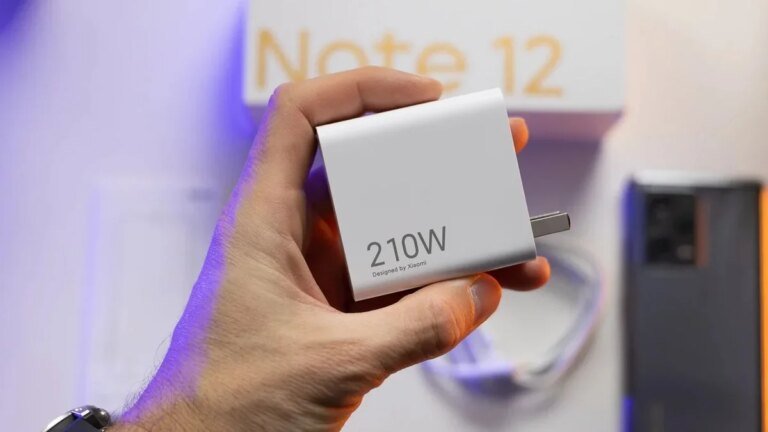On one hand, people lament slow charging speeds and the reluctance of Apple and Samsung to up the supported charging power even on flagship phones. On the other hand, there are concerns that fast charging will fry your battery, and everything above 30W is the equivalent of strapping explosives to your phone.
For the past couple of years I’ve been using phones that support 80W fast charging, so I can share my personal experience along with all the scientific stuff and lab measurements. But first, the basics. I’ll try not to be boring.
How does a lithium-ion battery charge?
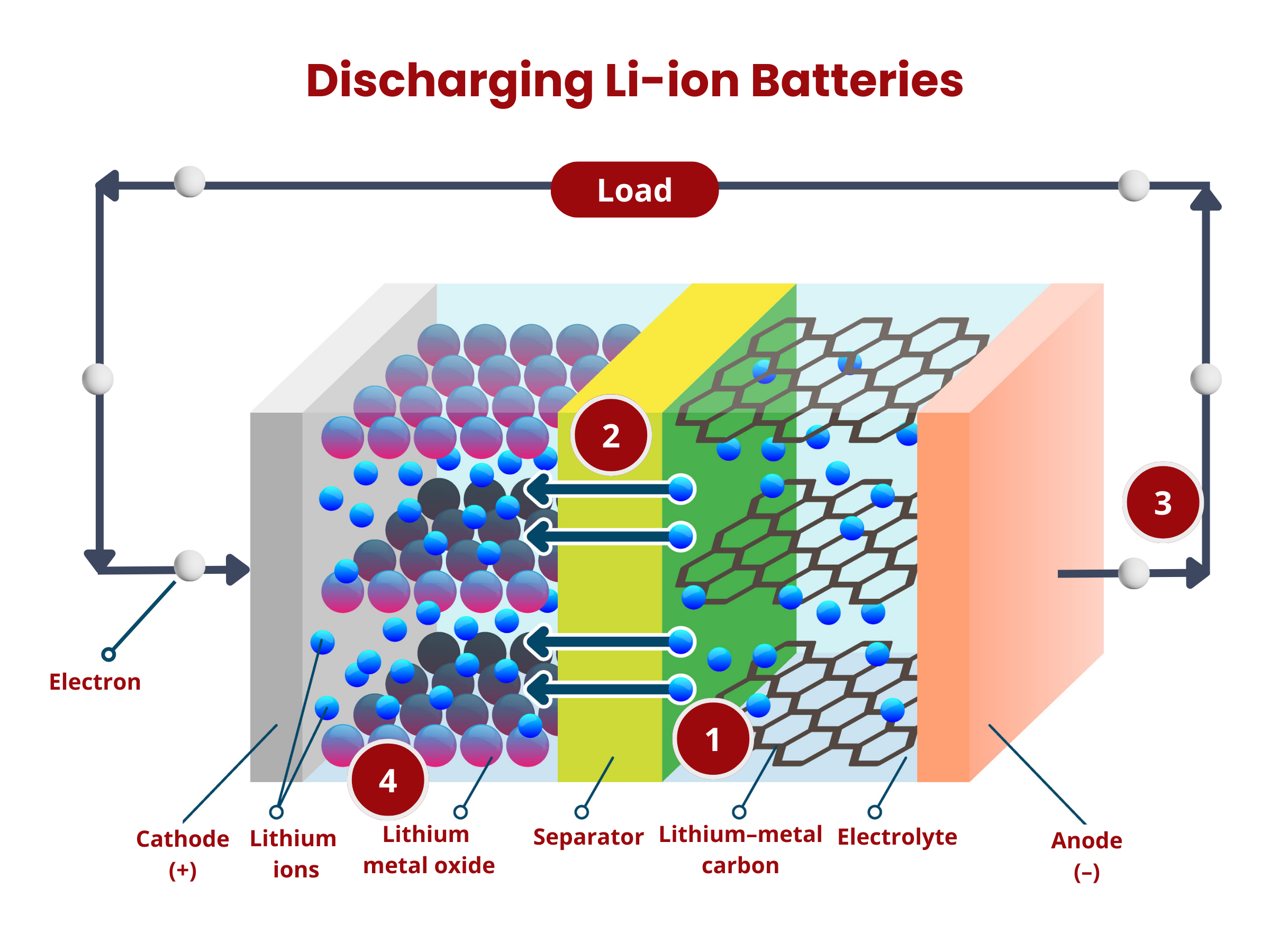

Batteries are relatively simple tech. They consist of two main “parts”—an anode and a cathode with a substance between them called electrolyte. What happens is charged particles, lithium ions, move between these two parts and create a potential difference.
This process generates heat, as the conversion is not 100% efficient and some of the energy turns to heat. What is charging power then? It’s the rate at which this process of moving charged ions through the battery happens.
And the faster the rate, the more heat is created in the process – that’s why your phone heats up during charging, and the faster the charging, the more it heats up. Now, before we move on to how this process affects the battery health, let me share some of my personal experience with fast charging.
Does it save you time, and how much?
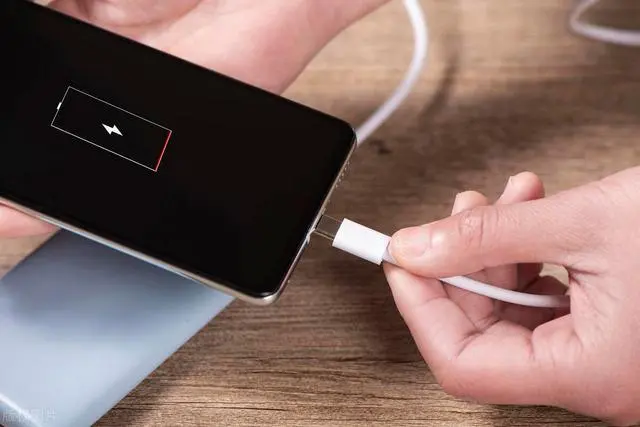

Given I never let the phone discharge past the 10-15% mark, it’s fair to say that I spent around 30 minutes on the cable every day for two years.
Doing the math is easy—I’ve saved exactly 365 hours during these two years, compared to my significant other. That’s 15 days, or 7 days a year.
Now, things are different in real life. You don’t really “save” time when you charge your phone. Most people, including me and my girl, charge their phones overnight, when they’re sleeping and not using their phones.
The rare occasions when people need to charge their phone fast and it’s critical are somewhat rare. You need to leave for a meeting fast, and your phone’s at 20% for some reason, for example. Or you’re traveling and have limited access to a charge point. You forgot to charge your phone overnight for some reason, and you need a top-up in the morning before going to work.
There’s a reason fast charging is not viewed as a critical and important feature in our polls and surveys. For most people, a bigger battery is much more important than faster charging. Speaking of which.
Does fast charging kill your phone battery?
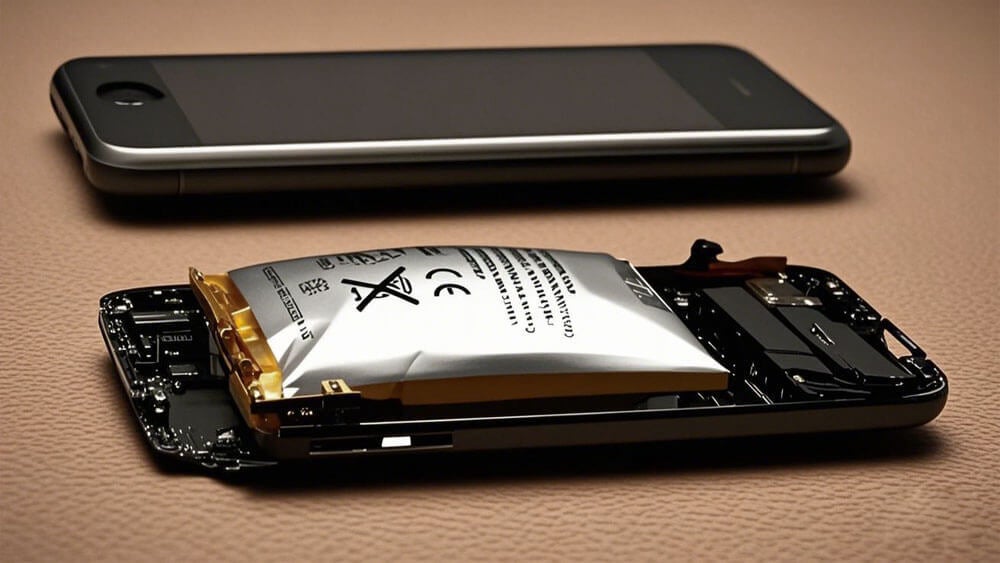

Again, in theory, lithium batteries degrade through heat, high voltage, and time. Fast charging slightly increases stress early in the charge and also when the battery nears full charge. Most phones that support high charging speeds have algorithms in place to protect the battery.
But even if you aggressively charge your phone every day, the most conservative estimate for the life of a modern smartphone battery is around 1000 cycles until the battery falls to 80% of its capacity. That’s more than three years and the battery will still be fully functional long after that – just smaller in a way.
Now take into account the fact that you will charge overnight most of those three years, using these protective algorithms and limiting the stress on the battery, even on fast-charging phones, and you’ll see that there’s nothing to worry about.
What’s the takeaway? Have we learned anything?
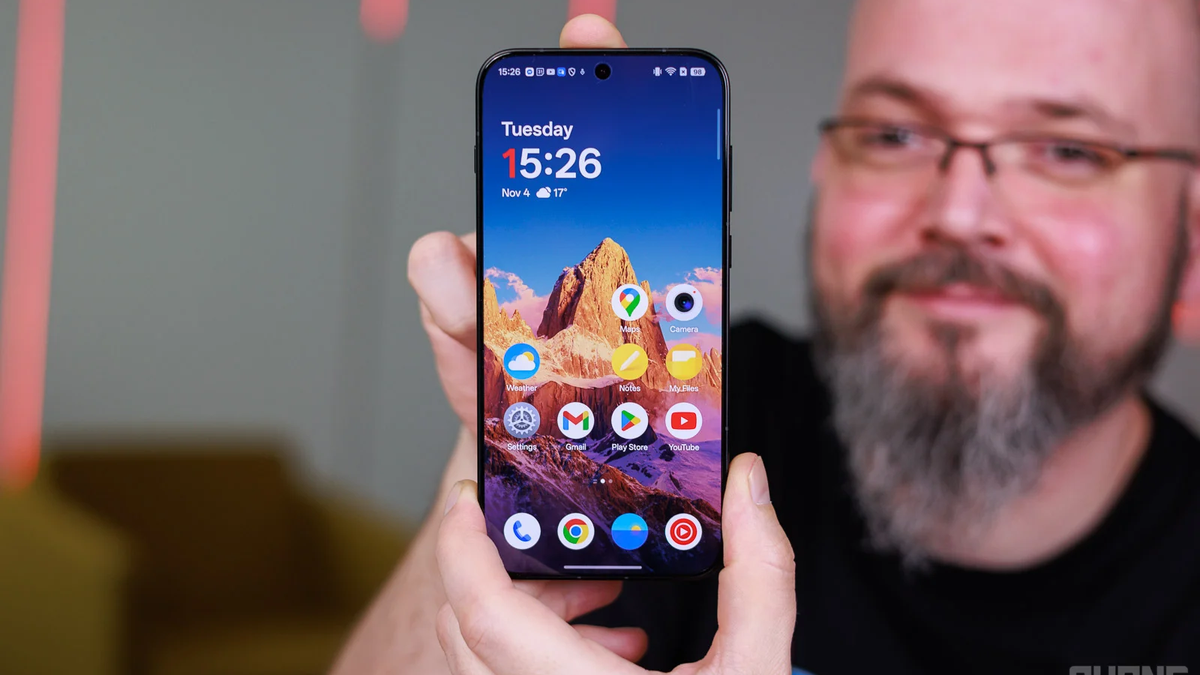

So, it turns out that on the one hand, fast charging doesn’t save you as much time as you might think, due to charging habits and the abundance of charging points around you. On the other hand, you don’t have to worry too much about battery degradation with fast-charging phones.
What do you think about this? Have you tried a super-fast charging phone and did it make a big difference? Share your experience in the comment section below.


